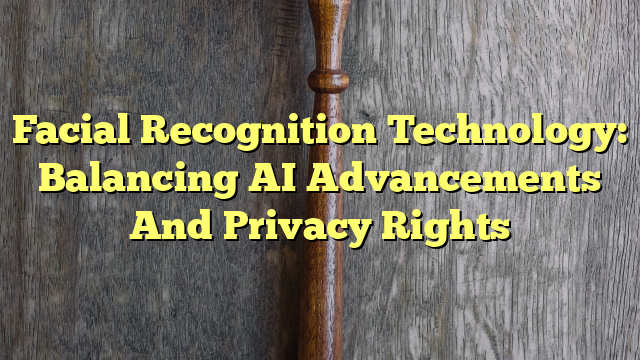Table of Contents
Privacy Principles for Facial Recognition Technology
Facial recognition technology has raised concerns about privacy rights. To address these concerns, several privacy principles have been established:
- Consent: Individuals should give informed consent before their facial data is collected and used.
- Transparency: Organizations should be transparent about how facial recognition technology is used and the purposes it serves.
- Security: Facial data should be securely stored and protected from unauthorized access.
- Accuracy: Facial recognition technology should strive for high accuracy rates to minimize false identifications.
- Accountability: Organizations using facial recognition technology should be accountable for any misuse or breaches of privacy.
Facial Recognition with AI
Facial recognition technology works hand in hand with artificial intelligence (AI). AI algorithms analyze facial features and patterns to identify individuals. The use of AI allows for more accurate and efficient facial recognition.
AI facial recognition systems can be trained on large datasets to improve their accuracy over time. They can also adapt to different lighting conditions, angles, and facial expressions, making them more robust in real-world scenarios.
Limitations of AI Facial Recognition
While AI facial recognition has made significant advancements, there are still limitations to be aware of:
- Biases: AI systems can inherit biases present in the training data, leading to inaccurate identifications or discriminatory outcomes.
- Privacy concerns: The widespread use of facial recognition technology raises concerns about the potential invasion of privacy and the misuse of personal data.
- False positives and negatives: AI facial recognition systems may still produce false positives (incorrectly identifying someone) or false negatives (failing to identify someone).
- Environmental factors: Factors such as poor lighting, occlusions (e.g., wearing glasses or a hat), or changes in appearance can affect the accuracy of facial recognition systems.
Pros and Cons of Facial Recognition
Pros
- Enhanced security: Facial recognition technology can improve security measures by quickly identifying individuals in various settings, such as airports or public spaces.
- Efficiency: AI facial recognition systems can automate processes that would otherwise require manual identification, saving time and resources.
- Convenience: Facial recognition can be used for seamless authentication, like unlocking smartphones or accessing secure areas.
Cons
- Privacy concerns: Facial recognition raises significant privacy concerns, as it involves the collection and storage of personal data.
- Potential for abuse: Facial recognition technology can be misused for surveillance purposes or tracking individuals without their knowledge or consent.
- Inaccuracy: Despite advancements, facial recognition systems are not 100% accurate and can lead to false identifications or exclusions.
In conclusion, facial recognition technology has the potential to revolutionize various industries, but it must be implemented with careful consideration for privacy rights and ethical use. Adhering to privacy principles, addressing limitations, and weighing the pros and cons are crucial for striking the right balance between AI advancements and privacy concerns.

